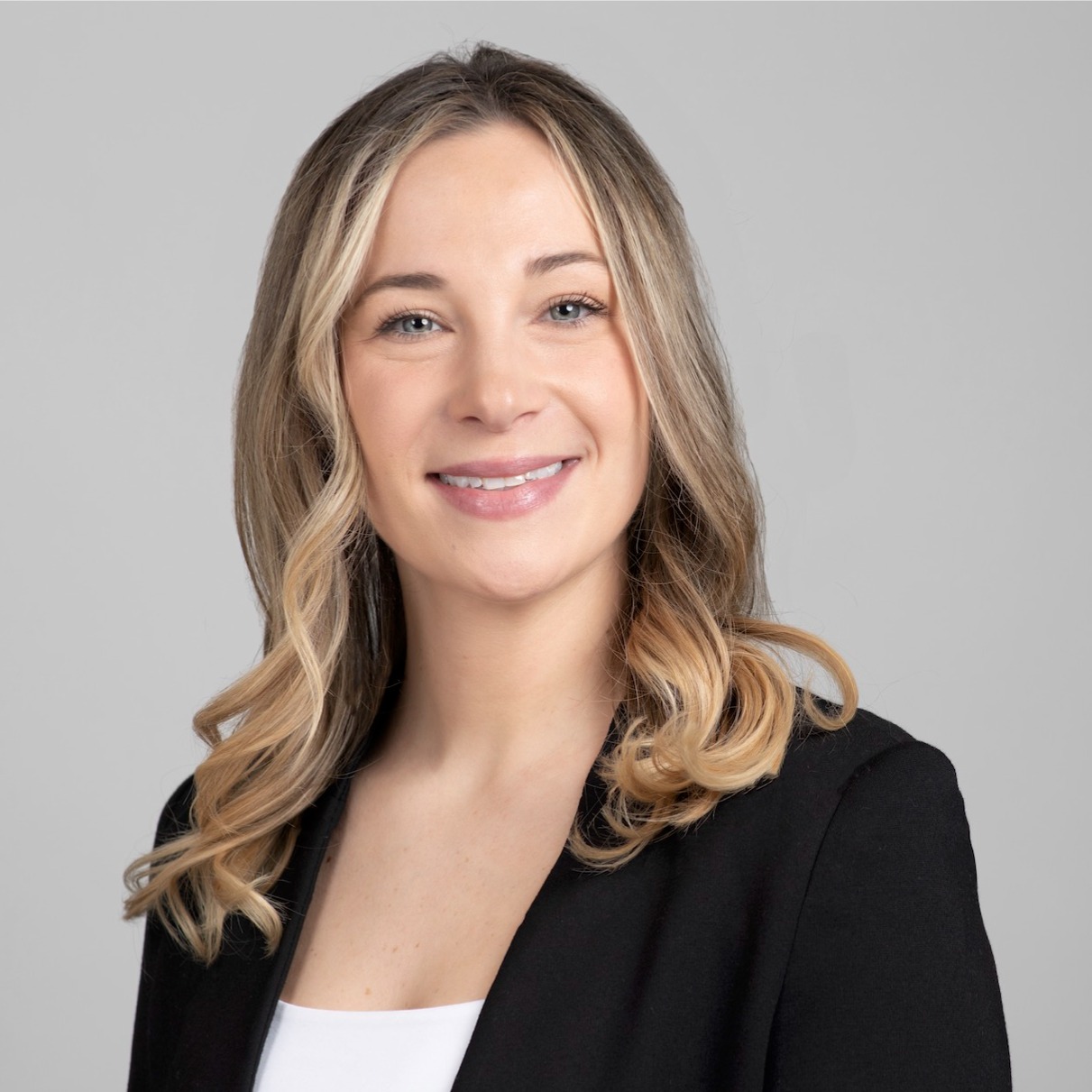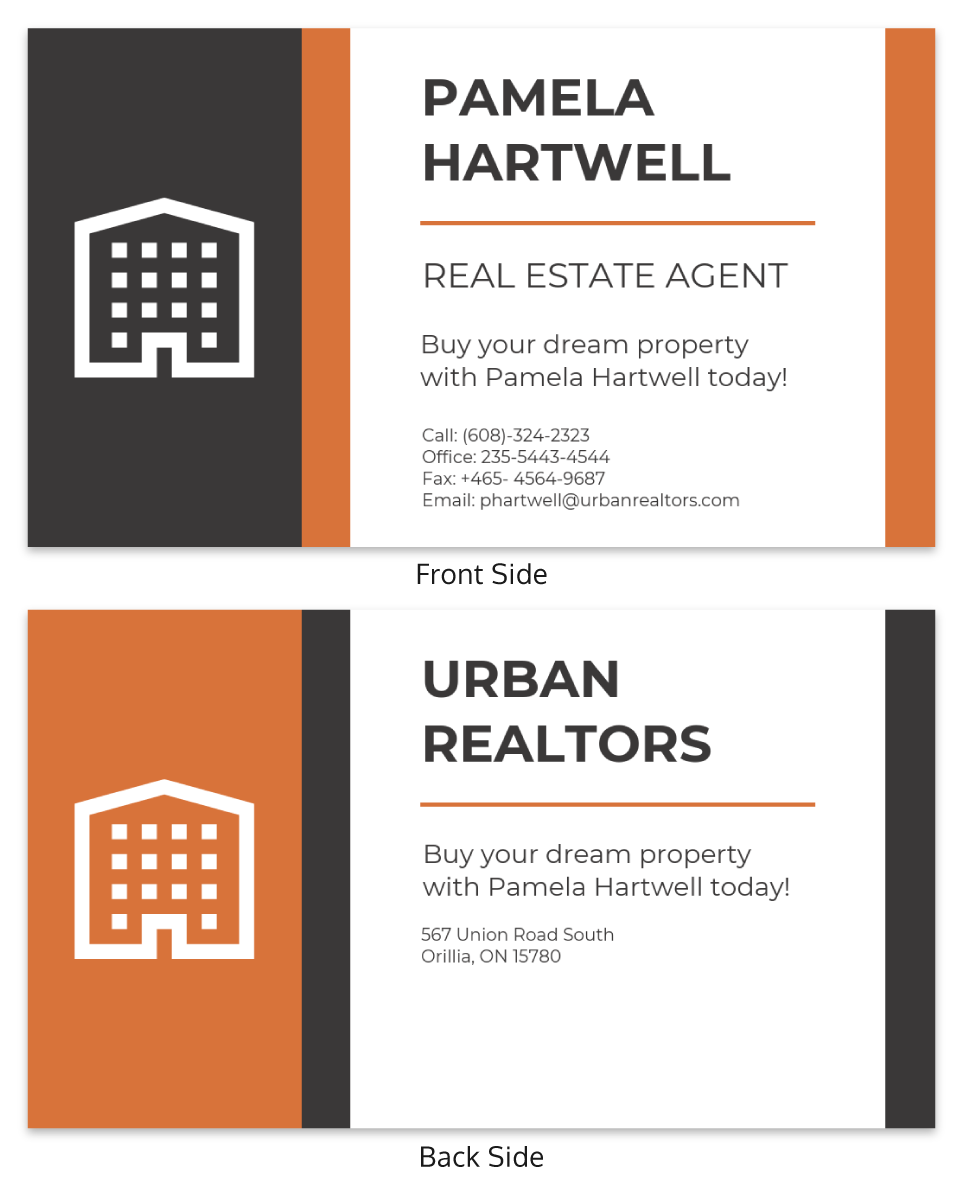
Here are the essential facts to help you get a Georgia real estate license. This article will explain the requirements, prerequisites, and exam that you need to pass before you can submit your application. You'll also learn about the online options available to help you study. Let's now move on to some tips that will help you pass the exam. You'll soon be able to sell real estate in Georgia!
Prerequisites
Georgia's real estate license requirements are simple. You must have completed at least 75 hours in college-level courses. These classes can either be taken online or in a classroom. You will need six quarter-length and ten semester-length courses. No matter whether you prefer to take your courses online, or in the classroom setting, you must complete at least 75 hours in coursework in real estate and agency. The coursework must be accredited. Official transcripts must be provided to testing agencies if you have previously taken real estate classes in another country.
To become licensed Georgia real estate agents, you will need pass an exam. If you are willing to work hard, the exam will cost around $115. Once you have passed the exam you will need to complete a licensing application at the Georgia real property commission. The commission will do a background search and require fingerprints. A real estate exam prep course is a good way to ensure you are up-to-date on state requirements.

Exam
First of all, you should know that the exam for real estate license in Georgia costs $115. While this may seem steep, it's well-worth it. After passing the exam, the Georgia real property commission will require you to complete an application. The commission will request your fingerprints and run a background search on you. This is done to verify that all information in your file is correct.
A Georgia real estate school can help you prepare for the exam. The online course lasts approximately 75 hours. You also have the option to attend a classroom course. Online courses can be more efficient because you can learn at your own pace and schedule your time. To apply for a license, you must be at least 21. You must also have a high school diploma, or GED. You must also not be convicted of any crime.
Requirements
Before you start the application process, be sure to fully understand the requirements for a Georgia Real Estate License. Georgia boasts a high pass rate. The minimum credit required to pass the exam is six or ten semesters or ten hour credits in real estate agency, contracts, or both. You can always retake the courses if you fail to complete them on time.
Before you can take the test, you must complete an approved Broker Prelicense Course. This course must last at least 60 hours and end with a proctored exam. Georgia MLS Real Estate School is an example of such an approved institution. This school will provide you with all of the training you need to pass the exam. You can apply for a Georgia real estate license if you pass the exam. You can get your license by following the steps below.

Online options
There are several online options for obtaining a Georgia real estate license. RealEstateU is the best and most cost-effective option. The school's 75-hour curriculum has been approved by the U.S. Department of Education and has assisted more than 40,000 agents. This online course covers everything, from pre-license courses to eBooks in real estate. The course comes with instructor support and exam prep. There is also a pass/don't pay guarantee.
Barney Fletcher Schools offers an online school that specializes on Georgia real estate education. Students have a variety of options, including self-paced and online classes as well as live classes via webinar. Access to instructors, interactive tools and tutoring is available throughout the course. The program is great for both beginners and seasoned agents who want to improve their skills. Kaplan is a more expensive option, but it offers excellent online support.
FAQ
Is it possible sell a house quickly?
You may be able to sell your house quickly if you intend to move out of the current residence in the next few weeks. You should be aware of some things before you make this move. First, find a buyer for your house and then negotiate a contract. You must prepare your home for sale. Third, it is important to market your property. Finally, you should accept any offers made to your property.
Should I use an mortgage broker?
A mortgage broker can help you find a rate that is competitive if it is important to you. Brokers work with multiple lenders and negotiate deals on your behalf. Some brokers receive a commission from lenders. You should check out all the fees associated with a particular broker before signing up.
What are the chances of me getting a second mortgage.
However, it is advisable to seek professional advice before deciding whether to get one. A second mortgage is often used to consolidate existing loans or to finance home improvement projects.
Should I rent or purchase a condo?
Renting might be an option if your condo is only for a brief period. Renting allows you to avoid paying maintenance fees and other monthly charges. However, purchasing a condo grants you ownership rights to the unit. The space is yours to use as you please.
How much will my home cost?
This varies greatly based on several factors, such as the condition of your home and the amount of time it has been on the market. According to Zillow.com, the average home selling price in the US is $203,000 This
Statistics
- 10 years ago, homeownership was nearly 70%. (fortunebuilders.com)
- Over the past year, mortgage rates have hovered between 3.9 and 4.5 percent—a less significant increase. (fortunebuilders.com)
- Based on your credit scores and other financial details, your lender offers you a 3.5% interest rate on loan. (investopedia.com)
- Private mortgage insurance may be required for conventional loans when the borrower puts less than 20% down.4 FHA loans are mortgage loans issued by private lenders and backed by the federal government. (investopedia.com)
- When it came to buying a home in 2015, experts predicted that mortgage rates would surpass five percent, yet interest rates remained below four percent. (fortunebuilders.com)
External Links
How To
How to Manage a Rent Property
It can be a great way for you to make extra income, but there are many things to consider before you rent your house. We'll help you understand what to look for when renting out your home.
Here are some things you should know if you're thinking of renting your house.
-
What do I need to consider first? You need to assess your finances before renting out your home. If you have outstanding debts like credit card bills or mortgage payment, you may find it difficult to pay someone else to stay in your home while that you're gone. Check your budget. If your monthly expenses are not covered by your rent, utilities and insurance, it is a sign that you need to reevaluate your finances. It may not be worth it.
-
How much is it to rent my home? There are many factors that influence the price you might charge for renting out your home. These include things like location, size, features, condition, and even the season. You should remember that prices are subject to change depending on where they live. Therefore, you won't get the same rate for every place. Rightmove estimates that the market average for renting a 1-bedroom flat in London costs around PS1,400 per monthly. If you were to rent your entire house, this would mean that you would earn approximately PS2,800 per year. While this isn't bad, if only you wanted to rent out a small portion of your house, you could make much more.
-
Is it worth the risk? You should always take risks when doing something new. But, if it increases your income, why not try it? Before you sign anything, though, make sure you understand exactly what you're getting yourself into. Renting your home won't just mean spending more time away from your family; you'll also need to keep up with maintenance costs, pay for repairs and keep the place clean. Make sure you've thought through these issues carefully before signing up!
-
Is there any benefit? There are benefits to renting your home. You have many options to rent your house: you can pay off debt, invest in vacations, save for rainy days, or simply relax from the hustle and bustle of your daily life. It is more relaxing than working every hour of the day. Renting could be a full-time career if you plan properly.
-
How can I find tenants? Once you've made the decision that you want your property to be rented out, you must advertise it correctly. Online listing sites such as Rightmove, Zoopla, and Zoopla are good options. After potential tenants have contacted you, arrange an interview. This will help you evaluate their suitability as well as ensure that they are financially secure enough to live in your home.
-
What are the best ways to ensure that I am protected? If you're worried about leaving your home empty, you'll need to ensure you're fully protected against damage, theft, or fire. You'll need to insure your home, which you can do either through your landlord or directly with an insurer. Your landlord will often require you to add them to your policy as an additional insured. This means that they'll pay for damages to your property while you're not there. However, this doesn't apply if you're living abroad or if your landlord isn't registered with UK insurers. In this case, you'll need to register with an international insurer.
-
If you work outside of your home, it might seem like you don't have enough money to spend hours looking for tenants. It's important to advertise your property with the best possible attitude. It is important to create a professional website and place ads online. Also, you will need to complete an application form and provide references. Some people prefer to do the job themselves. Others prefer to hire agents that can help. Either way, you'll need to be prepared to answer questions during interviews.
-
What should I do after I have found my tenant? If there is a lease, you will need to inform the tenant about any changes such as moving dates. If you don't have a lease, you can negotiate length of stay, deposit, or other details. Remember that even though you will be paid at the end of your tenancy, you still have to pay utilities.
-
How do you collect the rent? When the time comes for you to collect the rent you need to make sure that your tenant has been paying their rent. If not, you'll need to remind them of their obligations. You can subtract any outstanding rent payments before sending them a final check. If you're struggling to get hold of your tenant, you can always call the police. If there is a breach of contract they won't usually evict the tenant, but they can issue an arrest warrant.
-
How can I avoid potential problems? Renting out your house can make you a lot of money, but it's also important to stay safe. Ensure you install smoke alarms and carbon monoxide detectors and consider installing security cameras. Check with your neighbors to make sure that you are allowed to leave your property open at night. Also ensure that you have sufficient insurance. Finally, you should never let strangers into your house, even if they say they're moving in next door.